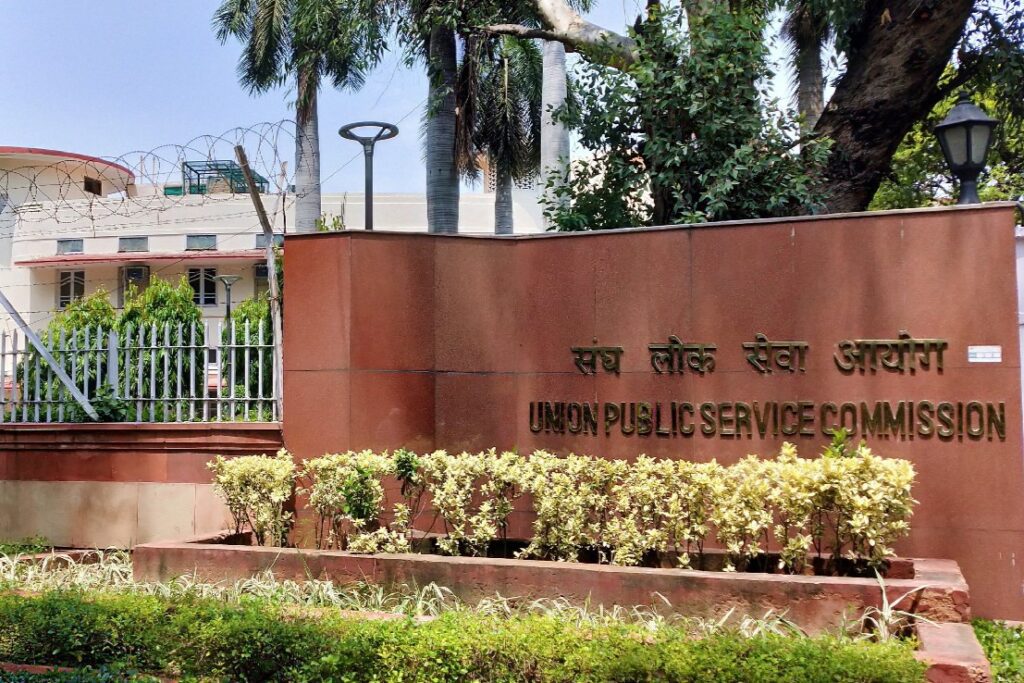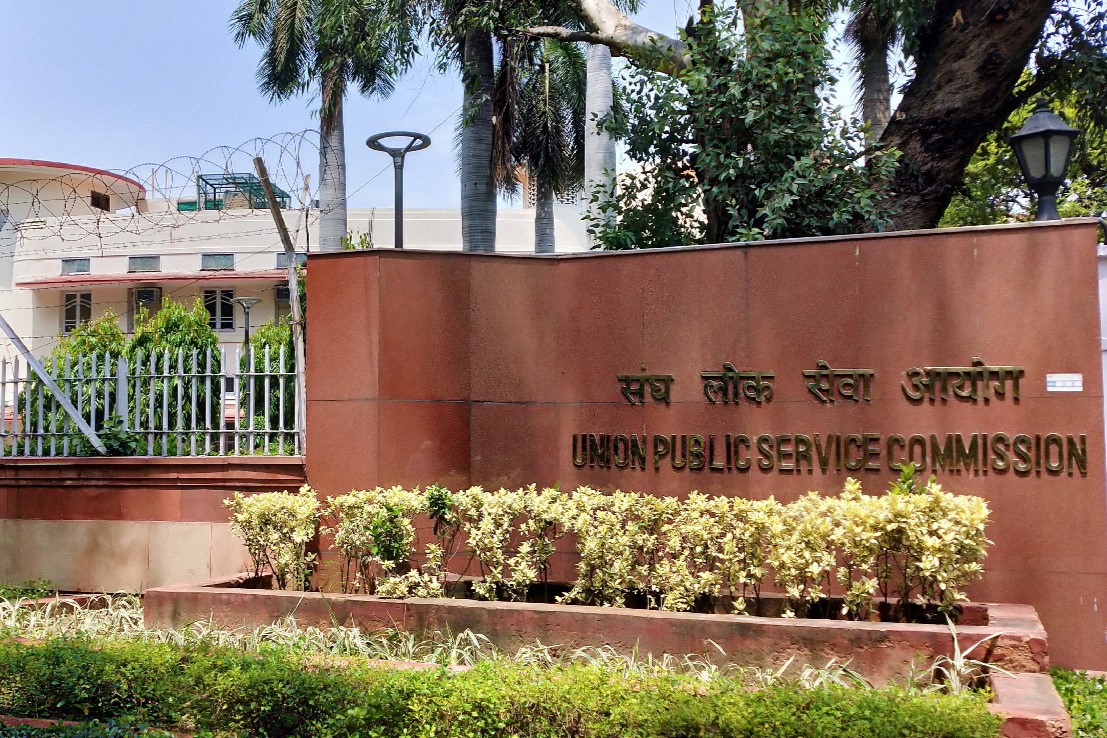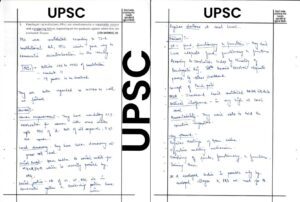


The Union Public Service Commission (UPSC) examination is one of the most competitive and prestigious examinations in India. It is conducted every year by the Union Public Service Commission, which is the country’s apex recruiting agency for civil services. UPSC conducts various exams like the Civil Services Examination, Engineering Services Examination, National Defense Academy Examination, Combined Defense Services Examination, etc. However, in this article, we will focus on the Civil Services Examination, which is the most popular among all the UPSC exams.
Civil Services Examination:
The Civil Services Examination is conducted in three stages: the Preliminary Examination, the Main Examination, and the Personality Test (Interview).
Preliminary Examination:
The Preliminary Examination is the first stage of the Civil Services Examination. It is a screening test, and its objective is to filter out the candidates who are not fit for the next stage, i.e., the Main Examination. The Preliminary Examination consists of two papers, Paper I and Paper II, and both are objective type papers.
Paper I covers General Studies, which includes topics like Indian History, Polity, Geography, Economy, Science and Technology, and Current Affairs. The Paper I carries 200 marks and has a duration of two hours.
Paper II, also known as the Civil Services Aptitude Test (CSAT), tests a candidate’s aptitude in areas like comprehension, logical reasoning, decision-making, and problem-solving. The Paper II carries 200 marks and has a duration of two hours.
It is important to note that Paper II is qualifying in nature, and a candidate has to score a minimum of 33% to qualify for the Main Examination. However, the marks scored in Paper II are not counted for the candidate’s ranking.
Main Examination:
The Main Examination is the second stage of the Civil Services Examination. It consists of nine papers, of which seven are written papers and two are qualifying papers. The written papers are subjective type papers, and their duration ranges from three to four hours.
The nine papers are as follows:
Paper I: Essay (250 marks) Paper II: General Studies I (Indian Heritage and Culture, History, and Geography of the World and Society) (250 marks) Paper III: General Studies II (Governance, Constitution, Polity, Social Justice, and International relations) (250 marks) Paper IV: General Studies III (Technology, Economic Development, Biodiversity, Environment, Security, and Disaster Management) (250 marks) Paper V: General Studies IV (Ethics, Integrity, and Aptitude) (250 marks) Paper VI: Optional Subject Paper I (250 marks) Paper VII: Optional Subject Paper II (250 marks)
The qualifying papers are Paper A and Paper B, which are of 300 marks each and test a candidate’s proficiency in an Indian language and English, respectively. The marks scored in Paper A and Paper B are not counted for the candidate’s ranking.
Personality Test (Interview):
The Personality Test, also known as the Interview, is the final stage of the Civil Services Examination. It is conducted by a panel of experts who assess a candidate’s personality, mental alertness, critical powers of assimilation, communication skills, and leadership qualities. The Interview carries 275 marks.
The final selection of candidates is based on the aggregate marks obtained in the Main Examination and the Interview. The Preliminary Examination is only a screening test, and its marks are not counted for the candidate’s ranking.
Eligibility Criteria:
To be eligible for the Civil Services Examination, a candidate must fulfill the following criteria:
- Nationality: The candidate must be a citizen of India, Nepal, Bhutan, or a Tibetan refugee who came to India before January 1, 1962, with the intention of permanently settling in India.
- Age Limit: The candidate must have attained the age of 21 years and must not have attained the age of 32 years on August 1 of the year in which the candidate is applying for the examination. However, there are age relaxations for candidates belonging to certain categories.
- Educational Qualification: The candidate must have a Bachelor’s degree from a recognized university or an equivalent qualification.
Application Process:
The UPSC examination is held annually, and the notification for the same is usually released in February or March. Candidates can apply for the examination online by visiting the official website of UPSC.
The application process consists of two parts: Part I and Part II. In Part I, candidates have to fill in their basic details, while in Part II, they have to upload their photograph and signature, pay the application fee, and select their examination center.
The application fee for the Civil Services Examination is Rs. 100, and it can be paid either online or offline. However, there is no fee for female candidates and candidates belonging to SC/ST/PH categories.
Conclusion:
The Civil Services Examination is a highly competitive examination, and it requires a lot of hard work, dedication, and perseverance to crack it. The examination provides a gateway to some of the most prestigious and challenging jobs in the country, including the Indian Administrative Service, Indian Police Service, and Indian Foreign Service, among others.
It is essential for candidates to have a thorough understanding of the examination pattern, syllabus, and eligibility criteria before they start preparing for the examination. Along with hard work and dedication, candidates should also have a positive attitude and an unwavering determination to succeed in the examination. With the right approach and the right guidance, anyone can crack the Civil Services Examination and achieve their dreams of serving the country in a prestigious and meaningful way.



